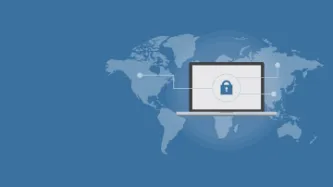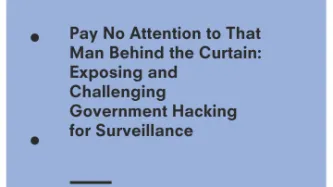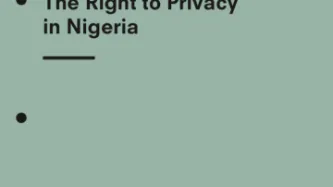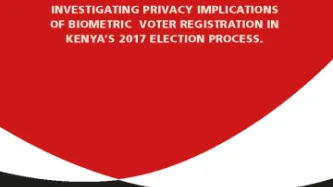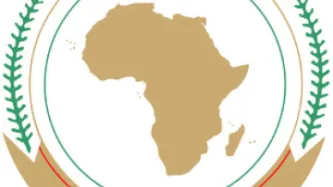Search
Content type: News & Analysis
Our intervention comes on the back of mounting evidence that the South African state’s surveillance powers have been abused, and so-called “checks & balances” in RICA have failed to protect citizens’ constitutional right to privacy.
Among our core arguments are:
That people have a right to be notified when their communications have been intercepted so that they can take action when they believe their privacy has been unlawfully breached. Currently RICA prevents such notification, unlike…
Content type: Advocacy
This photo originally appeared here.
For years, Privacy International and our partners in Kenya have been promoting the right to privacy in Kenya through research and investigations into government and private sector policies and practices and advocating for the adoption and enforcement of the strongest data protection and privacy safeguards.
The need for Kenya to adopt a comprehensive data protection framework (in addition to strengthening privacy protections in other legislation) has always…
Content type: News & Analysis
As the international cyber security debate searches for new direction, little attention is paid to what is going on in Africa. Stepping over the remains of the UN Group of Governmental Experts, and passing by the boardrooms of Microsoft struggling to deliver their Digital Geneva Convention, African nations are following their own individual paths.
Unfortunately, these paths increasingly prioritise intrusive state surveillance and criminalisation of legitimate expression online as…
Content type: Advocacy
Privacy and security are both essential to protecting individuals, including their autonomy and dignity. Undermining privacy undermines the security of individuals, their devices and the broader infrastructure. People need privacy to freely secure themselves, their information, and fully enjoy other rights.
A growing number of governments around the world are embracing hacking to facilitate their surveillance activities. When governments hack for surveillance purposes, they seek to…
Content type: Advocacy
This Universal Periodic Review (“UPR”) stakeholder report is a submission by Privacy International and Paradigm Initiative.
Together Privacy International and Paradigm Initiative wish to bring their concerns about the protection and promotion of the right to privacy in Nigeria before the Human Rights Council for consideration in Nigeria’s upcoming review at the 31st session of the Working Group on the Universal Periodic Review.
Content type: Report
The use of biometric technology in political processes, i.e. the use of peoples’ physical and behavioural characteristics to authenticate claimed identity, has swept across the African region, with 75% of African countries adopting one form or other of biometric technology in their electoral processes. Despite high costs, the adoption of biometrics has not restored the public’s trust in the electoral process, as illustrated by post-election violence and legal challenges to the results of…
Content type: News & Analysis
Image was found here.
As part of Privacy International’s mission, we aim to take the issues emerging from our research and that of our partners to new spaces of debate and to the attention of stakeholders at the national, regional and international level.
In April 2018, Privacy International was able to engage for the first time with the African Commission on Human and People's Rights (ACHPR) at its 62nd Ordinary Session, which took place in Nouakchott, Mauritania.
The right to privacy does…


